Diagnosis
-

Emotional impulsivity and deficient emotional self-regulation might be core symptoms of ADHD
A large proportion of children with attention-deficit/hyperactivity disorder (ADHD) exhibit notable emotion-related problems (or “emotional symptoms”). These emotional symptoms seem to associate with poor quality of life, impaired social adjustment and reduced marital status.
Read more -
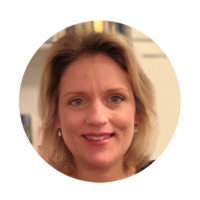
Integrating neurodevelopmental assessment across education, health and social care – Amanda Lecomber
Amanda Lecomber’s lecture at ‘Assessment and diagnosis in children with neurodevelopmental problems’ October Conference.
Read more -
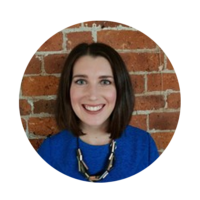
How does diagnosis and formulation fit together – when do you choose which? Dr Lauren Breese
Recorded lecture from Dr Lauren Breese our event ‘Assessment and diagnosis in children with neurodevelopmental problems’ on 7 October 2019. ACAMH members can now receive a CPD certificate for watching this recorded lecture.
Read more -
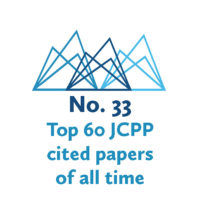
Most Cited JCPP Articles #33 of 60
Most cited JCPP papers #33 of 60: Development in infants with autism spectrum disorders: a prospective study
Read more -
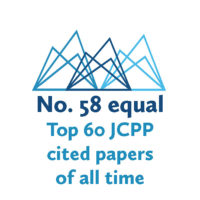
Most Cited JCPP Articles #58 of 60
Most cited JCPP papers #58 of 60: Autism spectrum disorders at 20 and 42 months of age: Stability of clinical and ADI-R diagnosis
Read more -

The importance of identifying an Intellectual Disability/Learning Disability for the individual, parents/carers and from a service/policy perspective
The importance of identifying an Intellectual Disability/Learning Disability for the individual, parents/carers and from a service/policy perspective.
Read more -

Machine learning improves ADI-R efficiency
Early interventions in autism spectrum disorder (ASD) are essential to improve communication and behavioural skills in affected children. Now, researchers have used machine learning to derive new instrument algorithms that may help practitioners screen for autism more efficiently and effectively.
Read more -

Developmental Trauma: How useful is this framework?
Dr Catherine Frogley reflects on the use of the developmental trauma framework from her perspective as a Clinical Psychologist working in a Post-Adoption Support Service.
Read more -
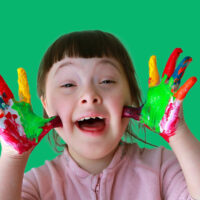
Intellectual Disabilities
Many terms have been used to describe an intellectual disability (ID) or medical conditions linked to an ID. Some terms that were originally designed to describe levels of intellectual disability or specific medical conditions, have unfortunately become part of common derogatory language used within society and so have become insults.
Read more -

OCD – Obsessive Compulsive Disorder
People with Obsessive Compulsive Disorder (OCD) experience unpleasant and intrusive thoughts, images, doubts or urges (called obsessions) and repetitive behaviours (called compulsions). Compulsions are usually carried out as a way of reducing the distress caused by obsessions. OCD takes many different forms and causes distress and interference to day-to-day life.
Read more